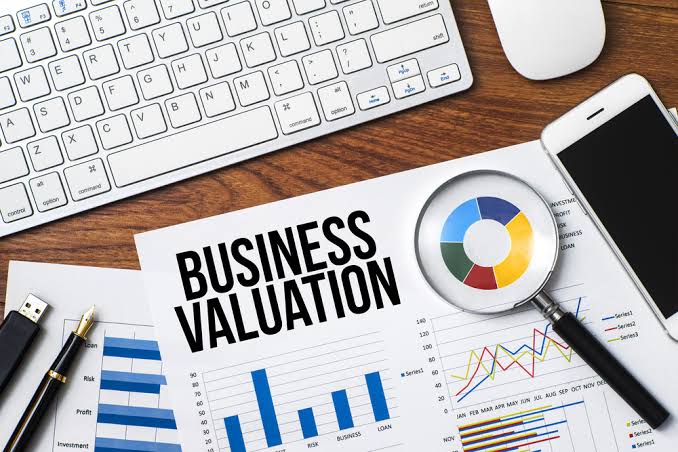 UHY Director Tim Livingstone addresses a frequently-asked question concerning business valuations: what is my business worth?
UHY Director Tim Livingstone addresses a frequently-asked question concerning business valuations: what is my business worth?
A question we regularly receive from both clients and non-clients is on the value of their business. The value of a business gets down to what the business has to sell. Most SME (small-to medium-sized) businesses will be selling two types of assets: tangible and intangible.
The tangible assets normally include stock and fixed assets. Intangible assets represent the non-physical items a business owns that generate income and provide a competitive advantage. Some intangible assets can be legally transferred to a purchaser such as a franchise, lease or patent. Others cannot and include a trained work force and key customer relationships.
When valuing a business, it is important to put “your feet in the shoes of a purchaser”. To gain confidence that the business has value, a purchaser will carry out due diligence and consider the following:
- Financial Information. Having up-to-date financial data provides one aspect of value, i.e. the historic financial performance of the business. What financial statements do not provide is the business drivers and its operating core.
- Key Employees. Are there key employees/contractors crucial to the business’ success? If they left could they be replaced or will the customer base follow that key employee?
- Products and Services. Are there specific supplier arrangements or contracts? Is there legislative compliance? Are technology changes occurring that could change the business model? Can cheap imported products replace NZ-made goods?
- Premises. How key is the premise’s location, and is the lease secure or can the business be easily relocated and amalgamated with another business?
- Plant & Equipment. The quality, capacity and technology status of plant and equipment can have real implications on competitiveness.
- Marketing. What marketing collateral does the business have including internet, data base, direct mail etc.
Understanding the real business drivers and operations will either moderate or enhance a business’s value. For smaller family-owned businesses, on average about 70% of the selling value is attributed to intangible assets known as goodwill. Using the future maintainable profit of a business is the common method of calculating the goodwill value of a business.
Business owners should constantly be “grooming” or preparing their businesses for sale. Sustainable healthy profits and attending to all the non-financial business elements will enhance business value.
 To demystify the “dark art” of business valuation, I would recommend contacting either a chartered accountant or business broker experienced in business valuations to help determine what your business is worth.
To demystify the “dark art” of business valuation, I would recommend contacting either a chartered accountant or business broker experienced in business valuations to help determine what your business is worth.
To discuss this article or to find out more about how we can help to value your business, please contact us.
